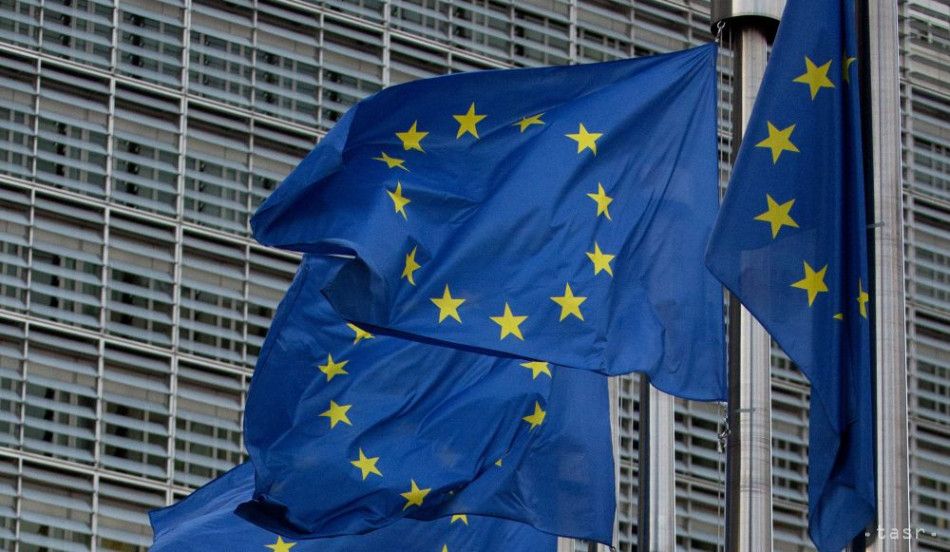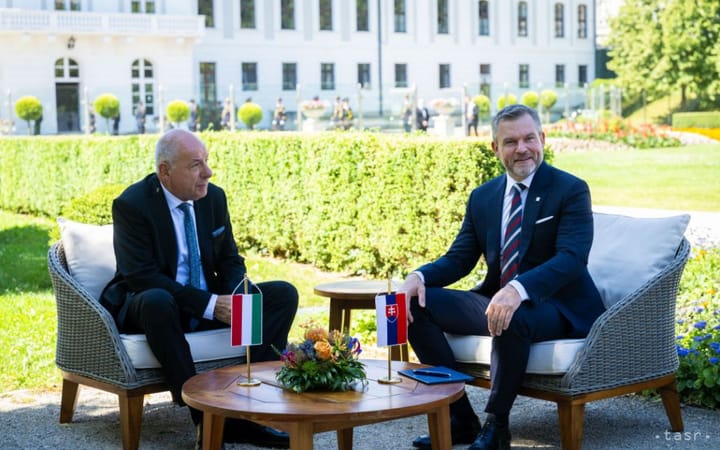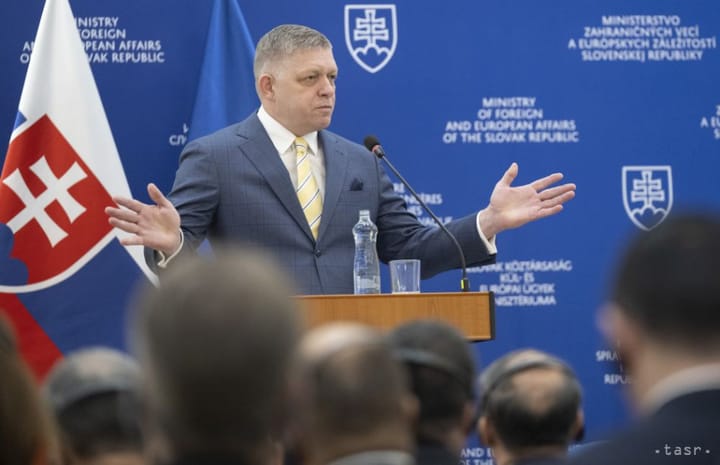CoFoE: Translating Ideas into Political Decisions Most Difficult, Says Sermek

Bratislava, December 7 (TASR) – The most difficult part of the Conference on the Future of Europe (CoFoE) will be to translate concrete ideas submitted by the public into political decisions, Robert Sermek, head of the European Parliament’s Office in Slovakia, has told TASR TV in an interview.
“The most difficult thing to do will be to reach political agreement on what we are actually going to do and which of the recommendations we will implement,” stated Sermek.
“Gathering stimuli is one thing, but translating these ideas into political decisions is something else. At the moment, no one really knows in what form the proposed changes will be implemented, whether it will be some minor changes in functioning, or whether the Union will dare to make truly radical changes,” said the head of the EP Office in Slovakia.
“Fundamental changes in the EU’s functioning can only be carried out by amending treaties. However, when a treaty is revised, it requires the consent of all EU-member states. When treaties are revised, there is always a risk that any country could choose an area outside the Conference on the Future of Europe that it wants to change,” warned Sermek.
The CoFoE will receive comments and idea until the spring of 2022. Anyone can register and express their opinion or comment on the EU’s functioning on the conference’s official website, futureu.europa.eu, which comes under the joint auspices of the European Parliament, the European Council and the European Commission.
“These panels will receive recommendations from the public in January. These civic recommendations will be handed over to politicians next spring. They will have to process the recommendations and come up with a political declaration,” explained Sermek.
“Of course, the political conclusions will have to be assessed by leaders at a summit. If we want to make particular changes, top-level political decisions will have to be adopted as well,” said Sermek, adding that the EU is a dynamic project that has been changing since its very origin.
One of the phenomena that is emerging during the ongoing Conference on the Future of Europe is the difference in perceptions of what citizens of western and eastern EU-member states consider to be important and essential.
“You can feel a big difference there, and the Slovak citizens who took part in the CoFoE civic panels said this as well. I’ve spoken to a couple of them … The desire for an improvement in the social situation prevails in our countries, while it is climate change and value issues, such as democracy and equality, that prevail in the views of western-European citizens. These differences are noticeable, so it’s good that people meet and discuss things. I think that a lot of people in western Europe have no idea what problems people in central and eastern Europe face and vice versa,” stated Sermek.



